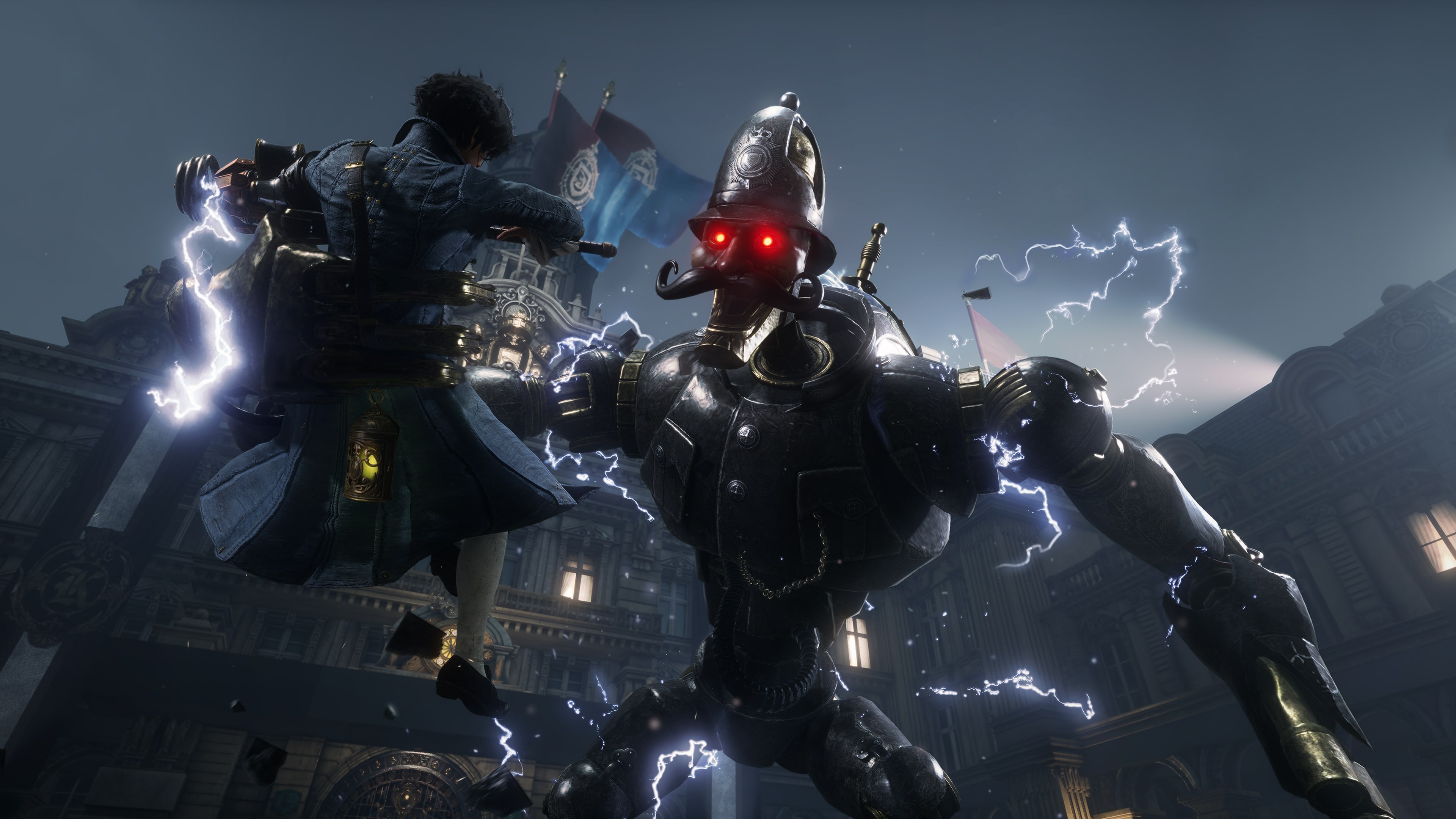
Dark Souls Remastered didn't sit right with me when I played it for the first time last year. Don’t get me wrong, I thoroughly enjoyed the experience, but what struck me most was how easy it was, although perhaps not in the traditional sense. Now, having completed Lies of P, I’m confident in saying that Neowiz’s Pinocchio-themed soulslike (a subgenre of very challenging action role-playing games) is an excellent example of what a difficult game should be.
Let’s rewind. I’ve already gone into great detail regarding my thoughts about Dark Souls’ deceptively low difficulty level, but the TLDR is that I don’t believe making certain elements of a game frustrating should be considered the same as making a game hard. Having a lengthy run back to a boss arena and enemies that can pop out of nowhere and attack before you can react makes a game challenging to persevere with, sure, but not because it requires skill to overcome - it just needs patience.
Aside from the boss battles, which often require you to learn an enemy’s attack patterns and develop a strategy accordingly, Dark Souls isn’t the rage-inducing game many make it out to be because of its difficulty level. Rather, it’s because of annoyances that have been built into its design. However, Lies of P achieves a higher level of difficulty without falling back on these cheap tactics, proving without a doubt that souls and soulslike games don’t need to be annoying to be difficult.
A whole new world
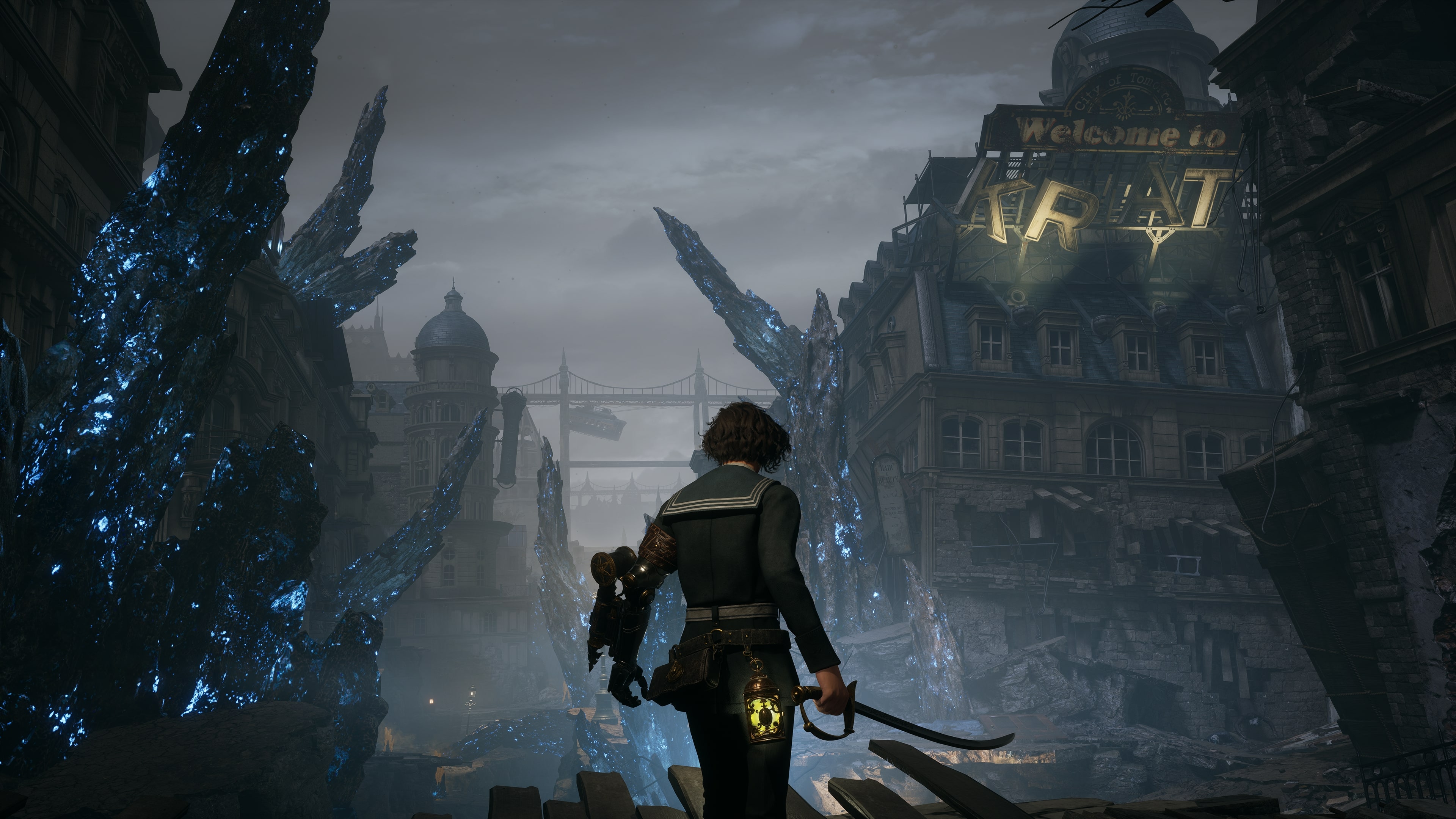
The most notable way Lies of P tones down Dark Souls’ annoyances is in how it handles exploration. Dark Souls Remastered doesn’t truly reward exploration of its world. Sure, there are plenty of useful items out there to find - like weapons and consumables that can give you edges in combat - but getting to them is, a lot of the time, a massive pain. In a world where a skeletal dude can launch at me as soon as I step foot into a room, causing me to spend the next 10 minutes retracing my steps, it’s not exactly tempting to stray from the main path if you value the idea of fun.
Meanwhile, in Lies of P, you’re never thrown into a messy situation out in the world without getting at least some warning. While enemies will still lurk behind corners, as long as you’re paying attention they can’t land a hit on you as you’ll always get a moment’s notice to block or dodge. I devoured every area of Lies of P and scoured each corner of the map looking for secrets, and was never set back by frustrating swarms of enemies solely placed to slow down my progress.
Similarly, each boss fight in Lies of P is preceded by a Stargazer - a respawn and fast-travel point - meaning that when you lose to one of the big bad foes, you only have to walk a few paces to try it again. In Dark Souls Remastered, however, you can expect to face lengthy walks just for the pleasure of having another go. However, it’s worth keeping in mind that FromSoftware’s (the developer of Dark Souls et al) most recent soulslike game, Elden Ring, includes handy checkpoints called Stakes of Marika near boss arenas to ensure that you’re never sent too far back from a main fight. So, the developer appears to have learned its lesson here.
Hard-fought victories
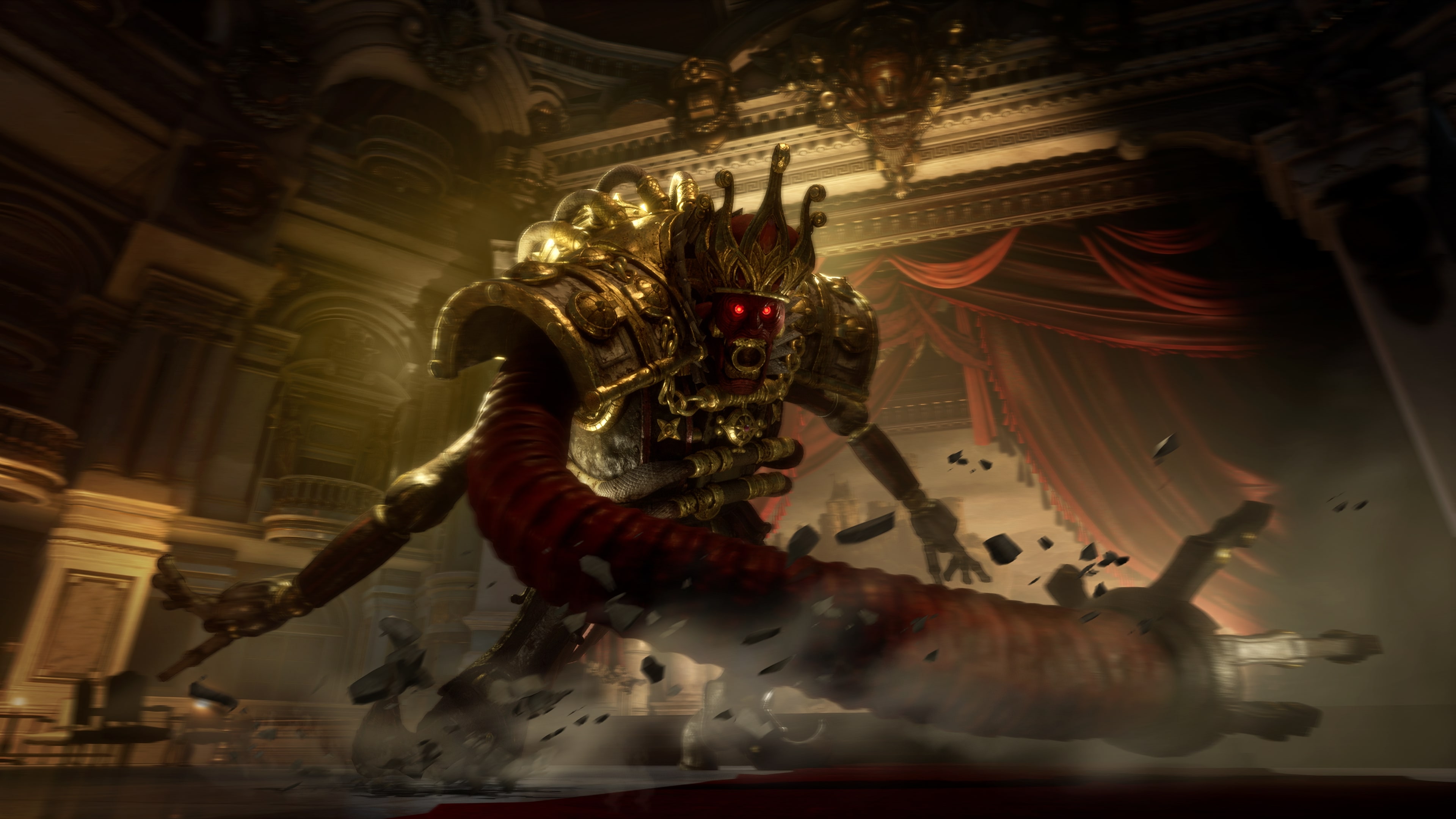
Despite these alterations to make Lies of P a less frustrating experience, there’s no doubt that Neowiz’s soulslike is tough. For a start, bosses have huge health bars, meaning that you can’t just melt through the big bad story foes in a few hits. Instead, you have to approach each fight tactically, keep up a demanding level of focus to dodge and parry attacks, and preserve heals and other consumables accordingly.
Even the easiest bosses in the game aren’t exactly swift to deal with, so almost every major win throughout the game feels like a hard-fought victory. In contrast, my experience with Dark Souls Remastered had me celebrating the earlier wins, but once I’d really gotten going, upgraded my weapon and armor, and began completing bosses in one or two attempts, the thrill of victory was lessened, and felt much less like a triumph.
Lies of P is also a game that more or less dictates that you learn its mechanics, and learn them well. The aforementioned parrying system (officially known as guarding) isn’t something you can comfortably get through the game without mastering, as it’s crucial for reducing the amount of damage you take, and staggering enemies to pull off enormous counterattacks. The reaction window for what’s called a perfect guard - which shields you from all damage and uses up less stamina than a regular guard - is particularly acute and requires plenty of practice to master the necessary timing.
Character growth
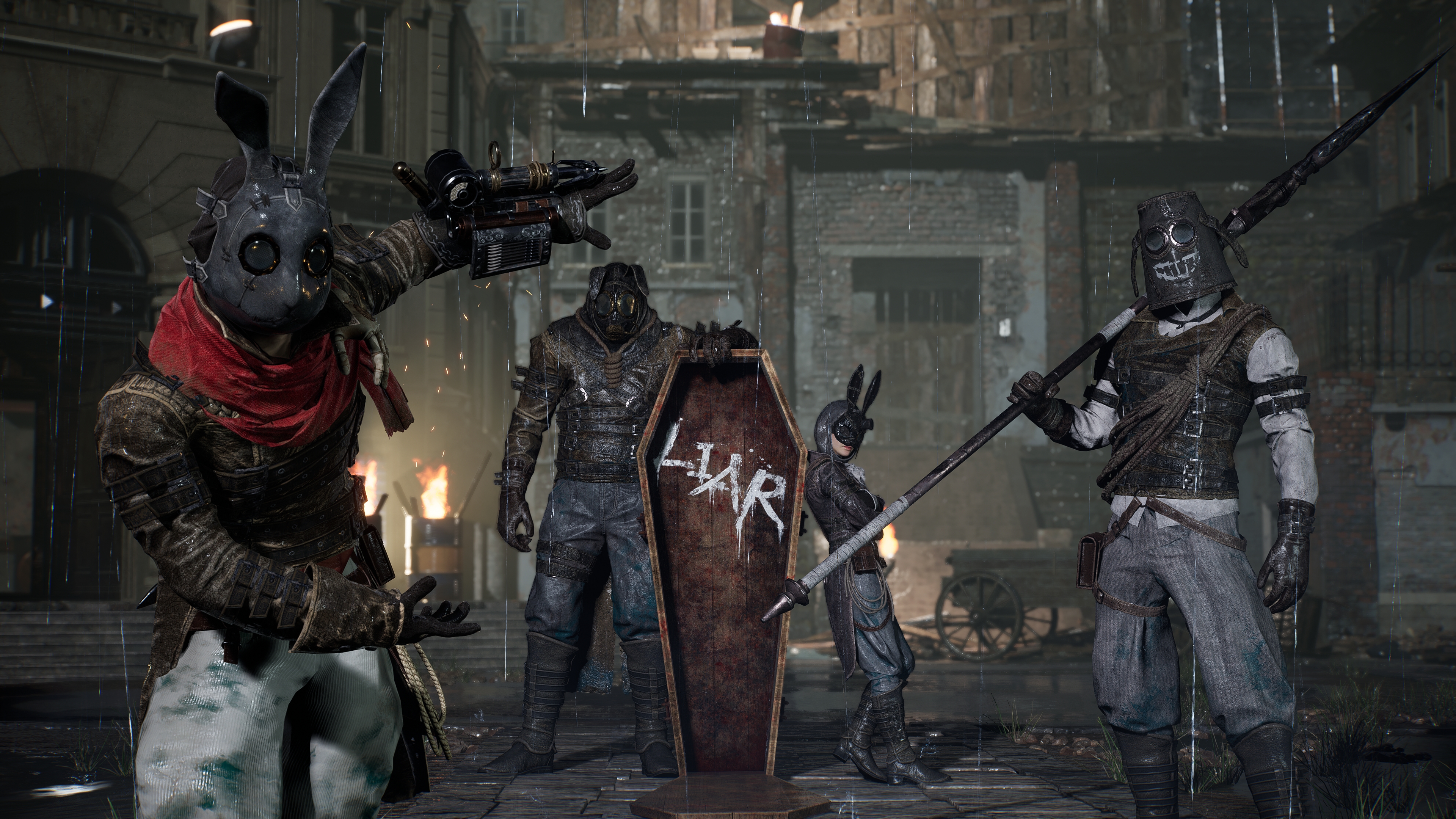
Dark Souls gives you a little more room in how you approach its battles but this also means it’s a lot easier to ‘cheese’ fights (essentially, win by using sometimes unintentional methods that make things far easier) and even brute-force your way through if you really want to. While this would be possible in Lies of P with enough effort, it’s definitely not encouraged, and that encouragement can push the player to better their abilities and work with the systems set out in front of them.
This is highlighted particularly well in Lies of P’s first Black Rabbit Brotherhood boss fight. If you thought balancing the duo boss fight Ornstein and Smough in Dark Souls was tough, then dealing with the four members of the Black Rabbit Brotherhood at the same time is a whole new level. For me, this was easily the toughest fight in the game, and took me significantly longer to beat than even the secret final boss. But despite this, it never felt unfair.
Fighting the Black Rabbit Brotherhood brings about a significant learning curve since there’s so little room to guard with so many attacks being aimed at you. Because of that, there’s even less time to launch a counterattack to reduce the amount of bunnies out for blood (or oil, I guess). However, once I’d figured out a workable method, deftly dodging their onslaught and picking each member off one by one was perhaps the most satisfying moment in my entire run. This was the fight that made me realize that I’d learned and evolved far more with Lies of P’s combat system than I ever did in Dark Souls Remastered, which, once I’d begun upgrading my trusty Uchigatana, didn’t really require too much thought to blast through.
Putting priorities in order
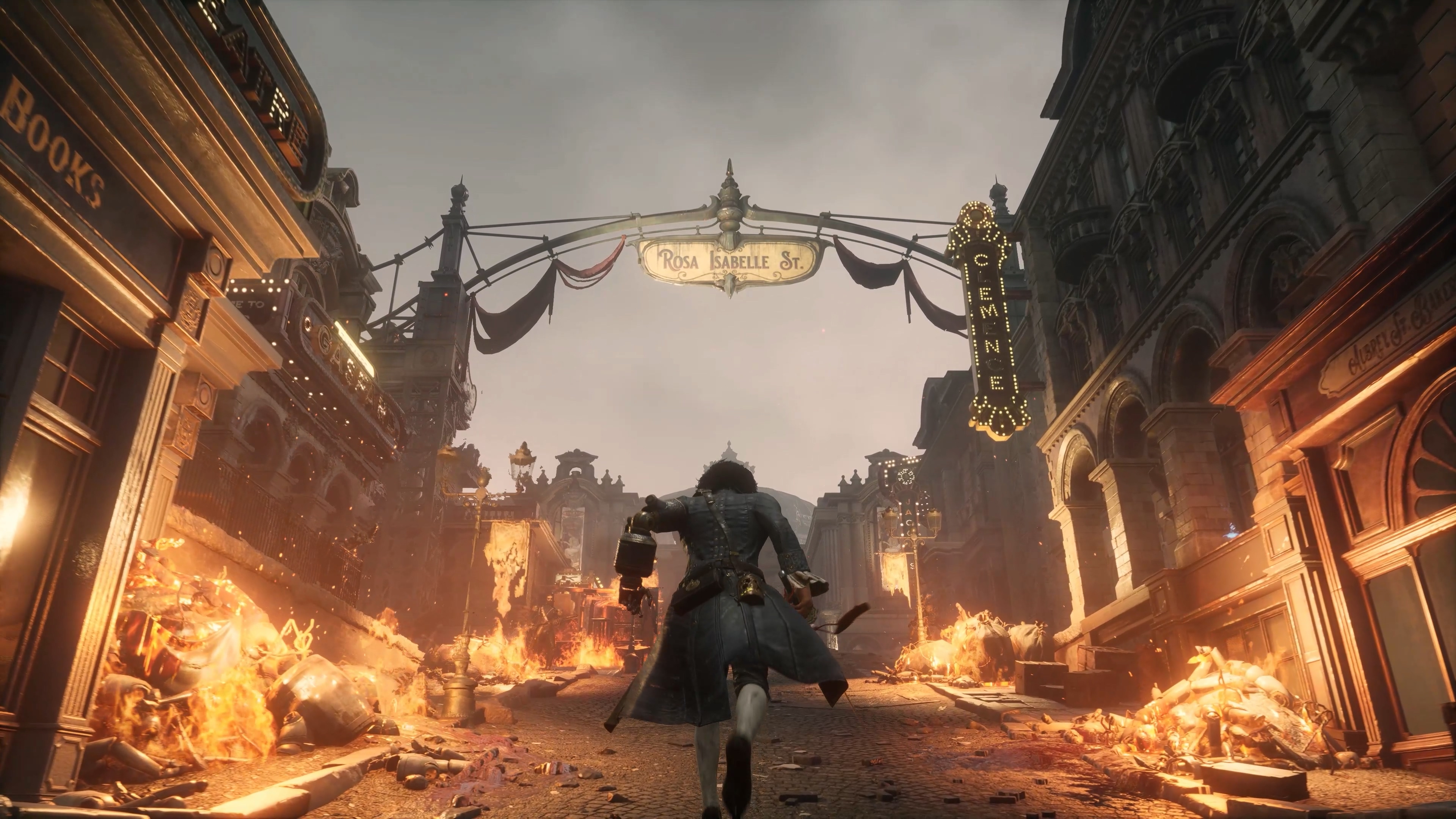
I truly loved my time with Dark Souls Remastered, but playing games like Lies of P serves as yet another reminder that the classic Souls game doesn’t necessarily deserve to sit atop the pedestal of difficulty that so many players place it on. While it’s fair to say soulslikes like Neowiz’s gorgeous fairytale adventure wouldn’t exist without those that came before, it offers proof that branching out from the tired constraints of that source of inspiration is, in many cases, wholly worthwhile.
Ultimately, all games are supposed to be enjoyable, and while there’s plenty of fun to be had in Dark Souls, there are times where its quest to frustrate the player can feel unnecessary. Successfully clearing areas can feel more like a relief rather than a triumph, which isn’t the emotion that a so-called “hard game” should be aiming for. Lies of P, on the other hand, perfectly balances this genuine enjoyment with a constant level of real challenge, and more soulslikes could learn lessons from it.
Looking for more games to play? Be sure to check out our recommendations for the best single-player games, as well as the best RPGs for some excellent titles to dive into right now.







